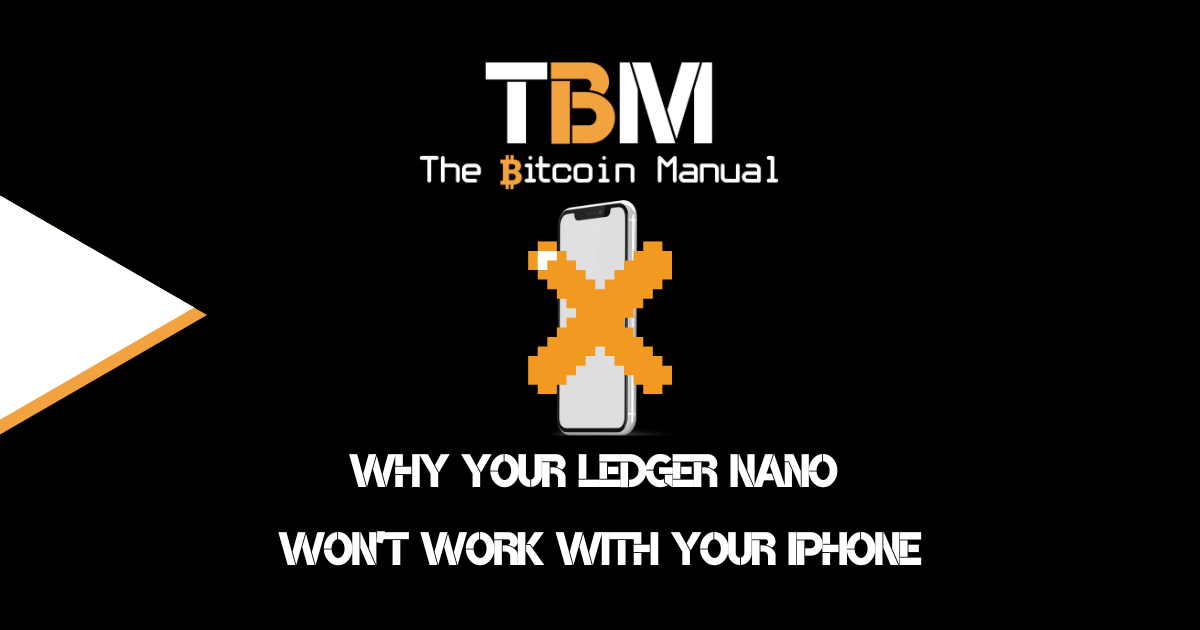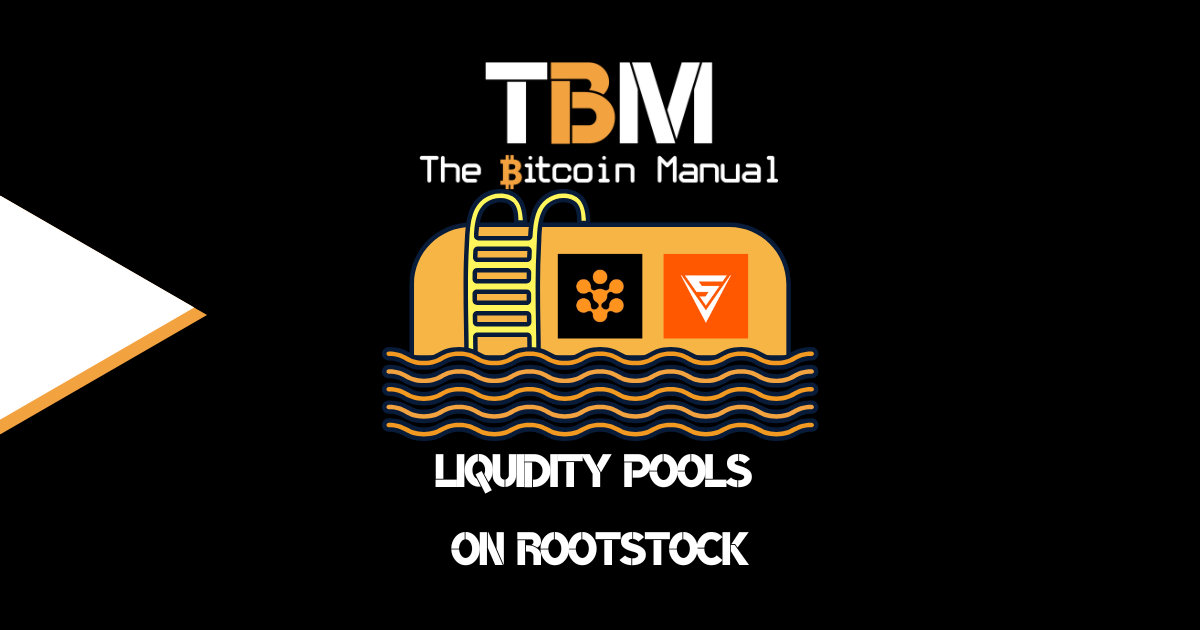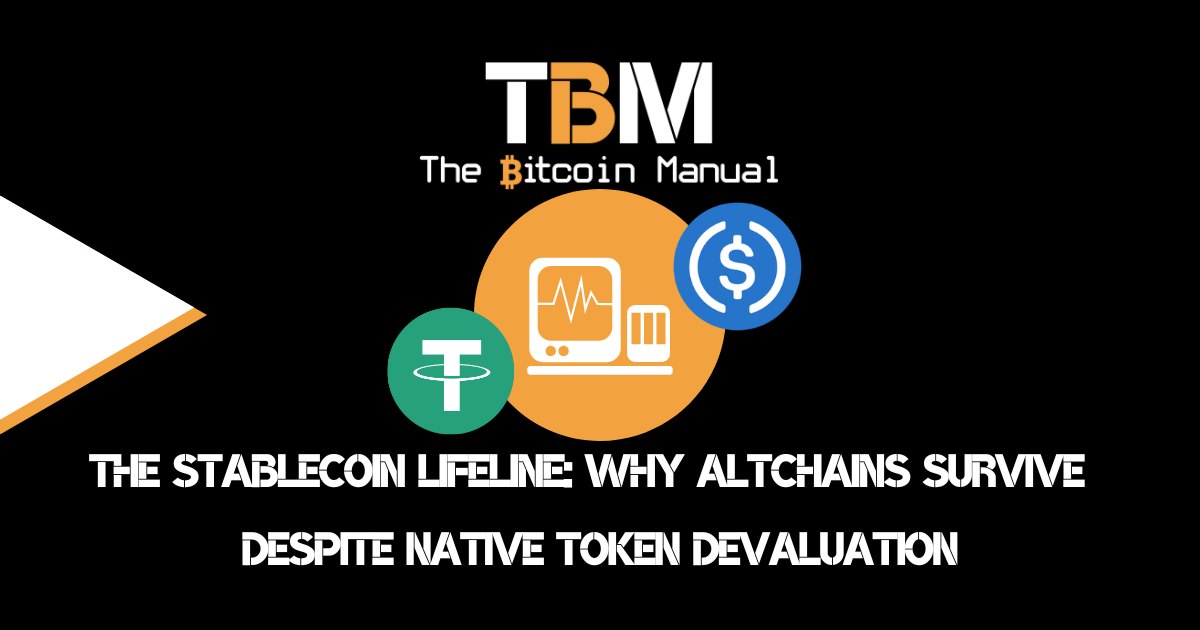Multi-Sig
Home » Storage & Security » Multi-Sig
As you venture deeper in to the Bitcoin rabbit hole, you will start to think more and more about how you can better protect your hard earned sats.
After all, there is no financial compensation service that will protect you should you be in the terrifying situation of losing your Bitcoin.
Therefore, the onus is on you to up your security game.
Thankfully, there are various Bitcoin wallets out there that all have their advantages and disadvantages but you will either come across single-signature (single-sig) wallets or multi-signature (multi-sig) wallets.

What Is A Single-Sig Bitcoin Wallet?
A single-sig Bitcoin wallet means you only need one signing key (private key) to send Bitcoin from your wallet to another.
As most hardware wallets are single-sig, whoever has the private key has access to those funds.
This is beneficial for speed and ease of access to send your Bitcoin.
However, it means that there is a single point of failure, thus lowering the protection of the wallet. Should you lose your private key to a single-sig wallet, then you no longer have access to you Bitcoin.
It also means that if someone else gains access to the private key of a single-sig wallet, your funds can easily be stolen.
There are various ways criminals will attempt to get your private key so make sure you get yourself up to speed with the various tactics these cyber attackers use.
What Is A Multi-Sig Bitcoin Wallet?
A multi-sig Bitcoin wallet requires two or more private keys to sign transactions with and offers an additional layer of security compared to single-sig wallets.
This is because if you lose one private key or one private key is compromised, your funds are not at risk because the wallet requires multiple private keys to send Bitcoin.
What Are The Advantages Of A Multi-Sig Wallet?
There are multiple advantages of a multi-sig Bitcoin wallet, here are the main ones:
- More Security – with more private keys required to send Bitcoin, funds are better protected as there isn’t a single point of failure, depending on the set-up of the multi-sig wallet (more on this later)
- Joint Accounts – should you share your Bitcoin with your partner, family or have a business with different departments, you can use multi-sig wallet to ensure that the Bitcoin is only spent when all parties agree and provide their signatures. Thus preventing unauthorised spending.
- Additional Back-Up – you can have additional private keys set up to protect your Bitcoin. This is particularly useful should you lose one private key as you wouldn’t haven’t lost all access, depending on the set-up of the multi-sig wallet.
- Escrow Transactions – this is where two people use a 3rd party company, who is neither the buyer or seller, to hold funds temporarily whilst the transaction is finalised. Examples of this would be decentralised exchanges or lending platforms where people use a service to hold funds to lend or borrow Bitcoin.
What Are The Disadvantages Of A Multi-Sig Wallet?
Despite the numerous advantages of a multi-sig, here are some disadvantages to consider:
- Technical Minded – You and the people you might ask to help with holding private keys, will need to be a little more technically minded if you want to use multi-sig, which can open the door for things to go wrong.
- Legal – well, there is no legal responsibility for anyone holding private keys to a shared multi-sig wallet so if something goes wrong or someone somehow spends what’s in the shared wallet, you’ll have no legal ground.
- Slower – with additional keys, comes additional time required for all parties with the private key to accept the transaction so multi-sig is not ideal should you need to send funds quickly.
- Wallet Recovery – this can be a more laborious process if you need to recover the multi-sig and set it up again on different devices or with different people, should you fall out with your current multi-sig compadres.
As with anything, there’s a trade-off between speed and security, it really depends on what your preference is. However, if you want the best of both worlds, the savvy Bitcoiner would probably consider both single-sig and multi-sig.
Having a single-sig for faster access to funds that you would readily spend or don’t mind losing should the worst case scenario happen, whilst having a multi-sig wallet acting as super cold storage with multiple private keys, giving a little leeway in case you lose a private key.
What Are Different Configurations Of A Multi-Sig Wallet?
There are many different ways you can set-up a multi-sig wallet depending on your preference or what you need. Below is a list of possible configurations and what they mean but this is by no means an exhaustive list and you can usually customise your own set-up:
| Configuration | Definition | Examples |
|---|---|---|
| 1-of-2 | There are 2 private keys to this wallet but you only need one private key to send Bitcoin. If you lose one private key, you still have a back-up. | Spending account for groceries, bills etc. where only one signature is required to spend funds |
| 2-of-2 | There are two private keys to this wallet but you need to have both private keys in order to send Bitcoin. However, if you lose one private key, you lose access to the funds. | Saving account where you need both signatures to send Bitcoin. This makes impulse buying a little more difficult. Two-factor authentication where private keys are stored on a different device. This means an attacker needs to have access to both devices in order to send Bitcoin. |
| 2-of-3 | There are 3 private keys for this wallet but only 2 are required to send Bitcoin. If you lose one private key, you still have a back-up but lose two and you lose your funds. | Child’s savings account but managed by parents. The kid has one private key but needs approval from one parent’s private key to spend it. Escrow services where a buyer and seller use a 3rd party to oversee the transaction. The escrow service will usually have the final say in any disputes but cannot steal the money themselves as they require another private key. Improved security for a hot wallet Improved security for a cold wallet for splitting private keys required to send Bitcoin |
| 3-of-5 | There are 5 private keys for this wallet but only 3 are required to send the Bitcoin | Board of directors at a company who want to manage funds for their company and reduce embezzlement risks or rogue director getting fired running off with the funds. |
| n-of-n | There are any number of private keys for where any number of private keys are required to send the Bitcoin | Use your imagination 🙂 |
How Can I Create A Multi-Sig Wallet?
| Company | Website |
|---|---|
| Armory | https://www.bitcoinarmory.com/ |
| BitGo (custodial) | https://www.bitgo.com/services/custody/wallet-platform/ |
| Carbon Wallet | https://carbonwallet.com/ |
| Casa | https://keys.casa/ |
| Coinkite | https://coldcard.com/docs/multisig |
| Electrum | https://electrum.org/ |
| Green Wallet | https://blockstream.com/green/ |
| Theya | https://www.theya.us/ |
| Trident Vault | https://www.tridentvault.com/ | Nunchuck | https://nunchuk.io/ |
| SmartVaults | https://www.smartvaults.io/ |
Share with a friend
If you thought this information was helpful why not share it on your favourite social media network and encourage others to learn more about Bitcoin
The latest news from our blog

Why Your Ledger Nano S Won’t Work with Your iPhone
If you’re a Bitcoin holder using an iPhone and own a Ledger Nano S and Ledger Live, you’ve likely discovered a frustrating reality: these popular

What Are Liquidity Pools On Rootstock?
The decentralised finance (DeFi) space has primarily remained in the hands of altcoin chains, promoters claim to have brought innovative financial instruments to the broader

The Stablecoin Lifeline
Why Altchains Will Survive Despite Native Token Devaluation The altcoin landscape has changed compared to previous cycles, despite many a bag holder still clinging onto
